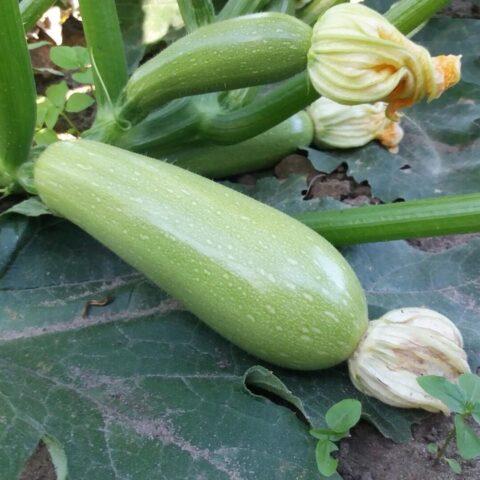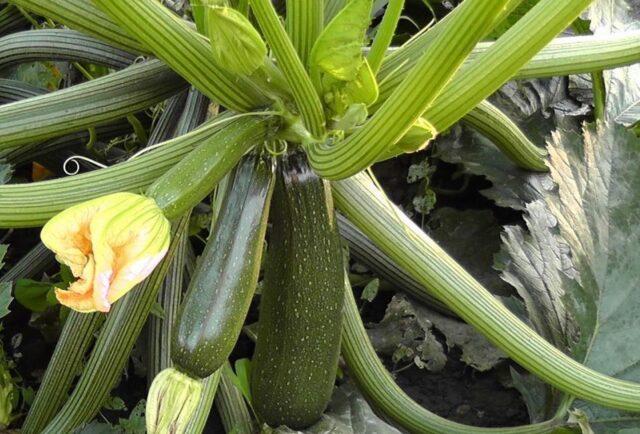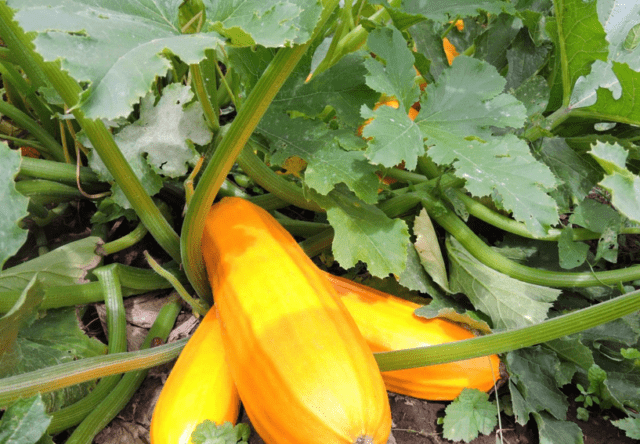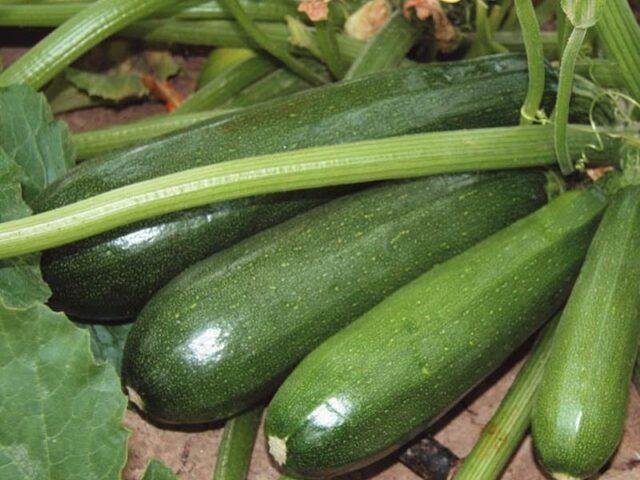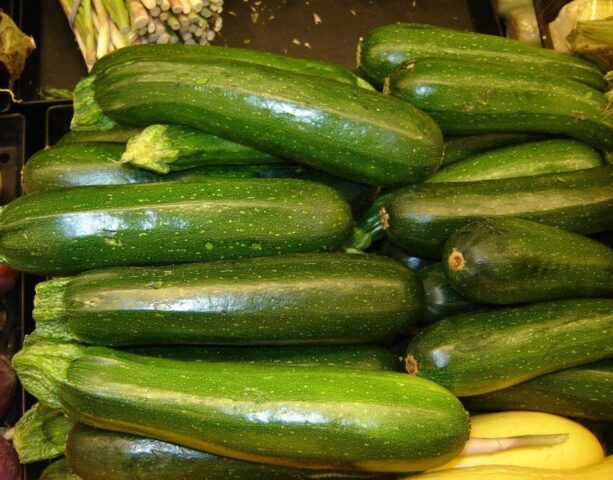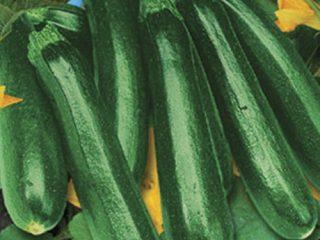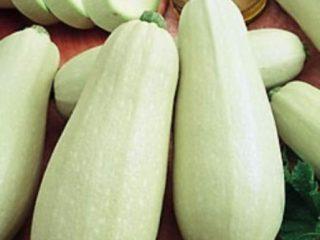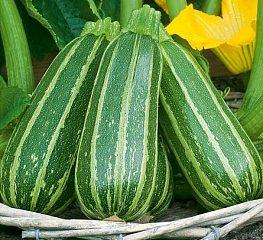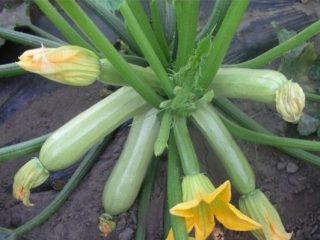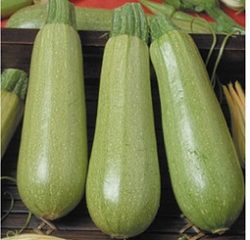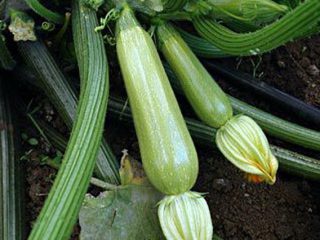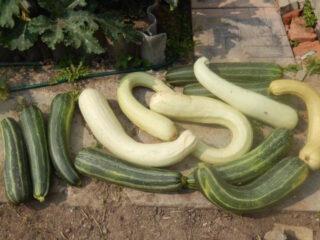Content
Zucchini is everyone’s favorite vegetable because it can be used to make many different delicious dishes. In addition, it is rich in a complex of vitamins and minerals and is able to compensate for their deficiency in the human body. However, you need to store zucchini in the refrigerator correctly to maximize its shelf life. After all, these vegetables can stay fresh for a short period of time. But you can still extend their storage if you prepare them correctly and choose varieties with good shelf life.
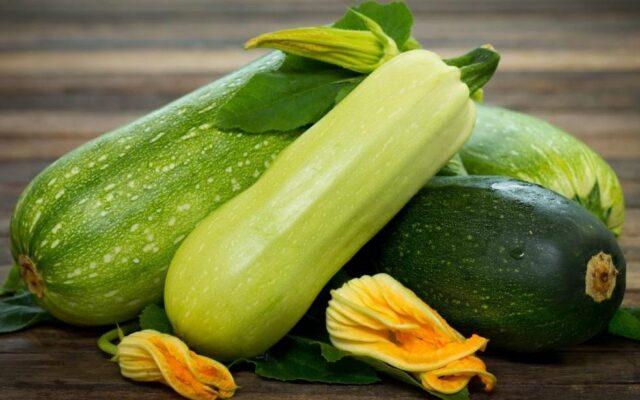
Dark-skinned zucchini lasts longer than light-skinned zucchini.
Can zucchini be stored in the refrigerator?
The best option for storing vegetables is a basement or cellar, but if they are not available, they can also be stored in the refrigerator. However, in this case we can talk about a small number of fruits. Therefore, it is recommended to use this storage method when it is necessary to preserve small young zucchini. This will extend their shelf life and prevent the peel from becoming coarser.
The shelf life of fresh zucchini in the refrigerator directly depends on compliance with the recommended conditions.
Zucchini varieties for long-term storage
Not all varieties of vegetables have good keeping quality. In order to preserve zucchini for a long time, it is recommended to choose types of crops that can retain consumer properties for a long time.
Among them:
- Aral F1. A hybrid of Japanese selection from the famous company "Sakata". Belongs to the ultra-early category. The ripening period for the crop is 30 days from the moment the seeds germinate. The fruits are cylindrical in shape with an expanded rounded tip. The color of the peel is light green and the flesh is white. Bush-type hybrid, compact, semi-open plants. Productivity is consistently high. In a refrigerator, the shelf life of the hybrid is three months.
Aral F1 shows resistance to watermelon and zucchini mosaic
- Aeronaut. Russian early ripening variety. Suitable for growing in open ground, greenhouses, greenhouses. The plant is low-climbing and compact. The fruits have a dark green color and cream-colored flesh. Their average weight reaches 1.2-1.5 kg. The shape of the zucchini is cylindrical, tapering towards the tail. The fruiting period of the variety is eight weeks. The shelf life of the crop in the refrigerator is three months.
Aeronaut is suitable for industrial and private cultivation
- Yellow-fruited. Mid-early variety of zucchini. The ripening period of the harvest is 45-50 days. The fruits are elongated, narrowed towards the base. The color of the peel is bright yellow, the flesh is creamy. The seeds are small. The variety is characterized by increased resistance to common crop diseases. The weight of the fruit varies between 0.7-1.8 kg. The variety can be stored in the refrigerator for up to three months.
Yellow squash is high in beta-carotene
- Little Negro. An early ripening variety, from germination to technical maturity of the fruit it takes 38-40 days. Characterized by compact, semi-open bushes. The fruits are cylindrical, dark green. Their weight ranges from 0.4 to 0.7 kg. Excellent taste. The color of the peel is dark green, the flesh is white. The shelf life in the refrigerator is three months.
Negro baby is immune to powdery mildew
- Asset F1. Dutch early-ripening large-fruited hybrid. The weight of zucchini reaches 3 kg. The mass fraction of the seed chamber of this hybrid is minimal, for which it is valued. The peel has a pulp of delicate consistency. The hybrid is characterized by high taste qualities. A whole zucchini can be stored in the refrigerator for two months.
Asset F1 shows high yield with minimal care
Preparing zucchini for storage
To successfully store zucchini in the refrigerator, you need to prepare them first. First of all, it is recommended to carry out fruit selection. Zucchini with intact peel and juicy stalk are suitable for long-term storage. Moreover, the length of the tail must be at least 5 cm. Over time, it will dry out and provide reliable protection for the fetus from various infections.
You can put fruits measuring 15-30 cm in the refrigerator for storage. Larger specimens are best stored in the basement or cellar.
Selected fruits must be cleaned of dust, dirt and thoroughly wiped with a dry cloth. After that, put them in a perforated plastic bag and place them in the vegetable compartment. Holes are needed for complete air exchange inside the package and to prevent rot.
If there is any peeled zucchini left after preparing the dish, it can also be stored in the refrigerator for some time. To do this, remove the seeds and blot it with a paper towel. It is recommended to store peeled zucchini in the refrigerator in a paper bag, in which you need to make several holes. You can save this vegetable for no more than three days.
How and how long to store fresh zucchini in the refrigerator
Fresh vegetables are able to preserve beneficial vitamins and minerals only if a certain temperature regime is observed. Also, when storing fresh zucchini in the refrigerator, you need to take into account the permissible shelf life of the product.
Temperature
The optimal temperature for preserving vegetables is +2-6 °C. Therefore, it is recommended to place zucchini in a special compartment designed for such products. During long-term storage, sudden changes in temperature are unacceptable, as this leads to premature spoilage.
Deadlines
The shelf life of a vegetable directly depends on its degree of ripeness. Young zucchini with tender skin can be stored in the refrigerator for two to four weeks, and ripe specimens for 1-3 months. Saving the vegetable for a longer period of time is not recommended, as it loses its beneficial properties.
What to do if zucchini starts to spoil
During storage, zucchini should be regularly sorted and spoiled specimens removed. If the product dries out, you can cut off the damaged area and use the vegetable for food after heat treatment. But if signs of rot appear, such a product should not be consumed.
Conclusion
Knowing how and how long to store zucchini in the refrigerator, you can significantly extend the shelf life of the product. However, this is far from the best way to save vegetables, since it does not make it possible to make a large stock due to limited space.
